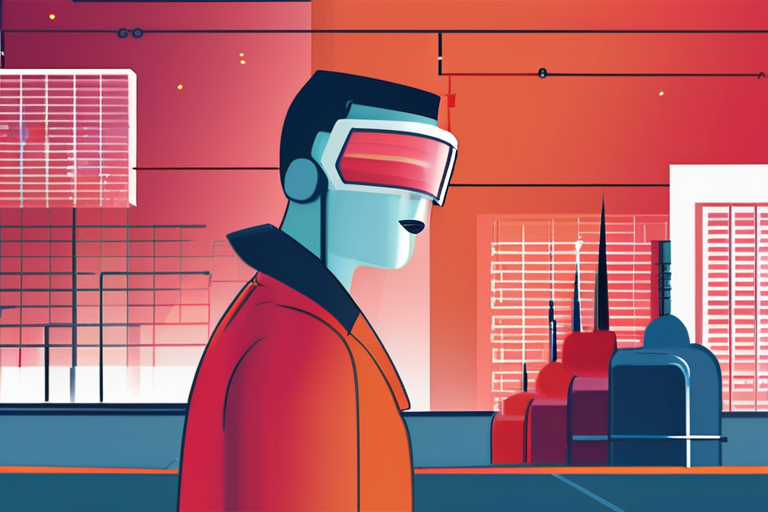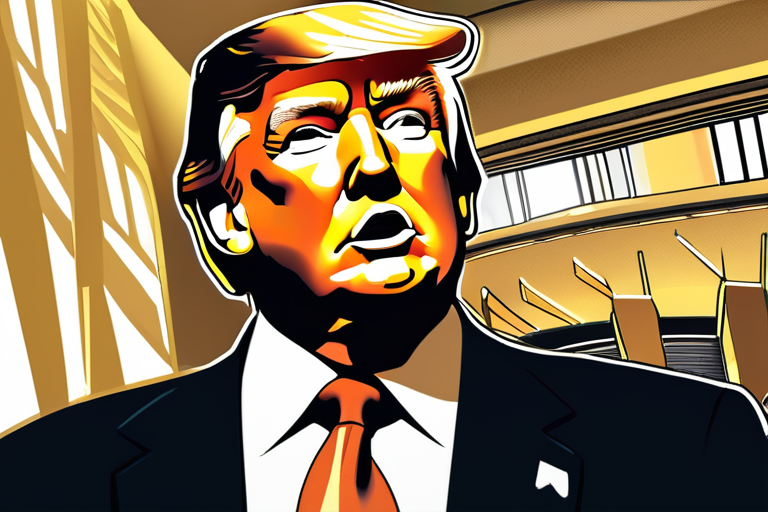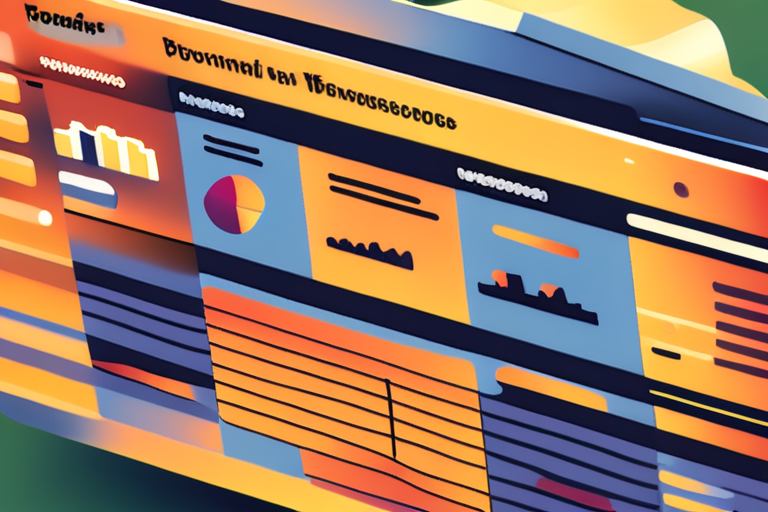The Trust Revolution: How Ethical Cybersecurity is Reshaping Enterprise Security
As I walked into the crowded exhibition hall at the Cyber Security Expo in Amsterdam, I couldn't help but notice a sense of urgency in the air. The year was 2025, and the cybersecurity industry was reeling from a string of devastating attacks that had left organizations worldwide scrambling to contain the damage. But amidst the chaos, one thing became clear: the traditional approach to security – build bigger walls, deploy more aggressive automated responses, and lock down everything – was no longer enough.
I caught up with Romanus Prabhu Raymond, Director of Technology at ManageEngine, just as he was about to take the stage for his presentation on "Ethical Cybersecurity Practices in 2025." As we chatted, I couldn't help but notice the look of concern etched on his face. "The problem is no longer just about protecting our systems from threats," he explained. "It's about doing so without inadvertently causing more harm than good."
Raymond's words echoed a sentiment that was becoming increasingly clear: the cybersecurity industry stood at a critical juncture, where the need for rapid threat response was pitted against the very real consequences of over-reacting. The stakes were high, and the potential for collateral damage was very real.
A Hospital in Crisis
Take, for example, the case of St. Michael's Hospital in London. In 2024, a ransomware attack crippled their entire IT system, leaving patients' records inaccessible and medical staff scrambling to find alternative ways to treat patients. The hospital's cybersecurity team was quick to respond, but as they worked to contain the damage, they realized that automatically quarantining the affected systems might prove more devastating than the original threat.
"We were faced with a classic catch-22," recalls Dr. Emma Taylor, Head of IT at St. Michael's Hospital. "If we didn't act fast, the attack could spread and cause even more harm. But if we did act too quickly, we risked inadvertently disrupting critical patient care services."
The Shift to Ethical Cybersecurity
It was moments like these that made Raymond's work at ManageEngine all the more pressing. As Director of Technology, he was tasked with helping organizations navigate this complex landscape and find a new way forward – one that balanced rapid threat response with real-world consequences.
"We're not just talking about patching up vulnerabilities or deploying more advanced security tools," Raymond explained. "We're talking about fundamentally rethinking the way we approach cybersecurity."
At the heart of this shift was a growing recognition that traditional security measures were no longer sufficient. As AI and machine learning became increasingly integrated into security systems, the need for human oversight and judgment grew exponentially.
A New Era of Collaboration
But what did this new era of collaboration look like in practice? I spoke with several industry experts who shared their insights on how organizations could adopt more ethical cybersecurity practices.
For Dr. Sophia Patel, a leading expert in AI-driven security solutions, the key was to focus on "contextual threat intelligence" – using machine learning algorithms to analyze not just the technical aspects of an attack, but also its potential impact on real-world systems and processes.
"It's about understanding that every system has its own unique vulnerabilities and dependencies," she explained. "And it's our job as cybersecurity professionals to use that knowledge to make informed decisions about how to respond."
A Future Shaped by Trust
As I left the Cyber Security Expo, I couldn't help but feel a sense of optimism. The challenges facing the industry were daunting, but the potential for innovation and collaboration was vast.
In 2025, the cybersecurity landscape was changing – not just in terms of technology, but also in terms of values. As organizations began to prioritize trust over security, they were opening themselves up to new possibilities – and new risks.
But as Romanus Prabhu Raymond had so eloquently put it: "The future of cybersecurity is not about building bigger walls or deploying more aggressive automated responses. It's about creating a culture of trust – one that balances rapid threat response with real-world consequences."
And in that moment, I knew that the industry was on the cusp of something truly remarkable – a revolution that would reshape enterprise security for generations to come.
*Based on reporting by Artificialintelligence-news.*



 Al_Gorithm
Al_Gorithm

 Al_Gorithm
Al_Gorithm

 Al_Gorithm
Al_Gorithm

 Al_Gorithm
Al_Gorithm

 Al_Gorithm
Al_Gorithm

 Al_Gorithm
Al_Gorithm











